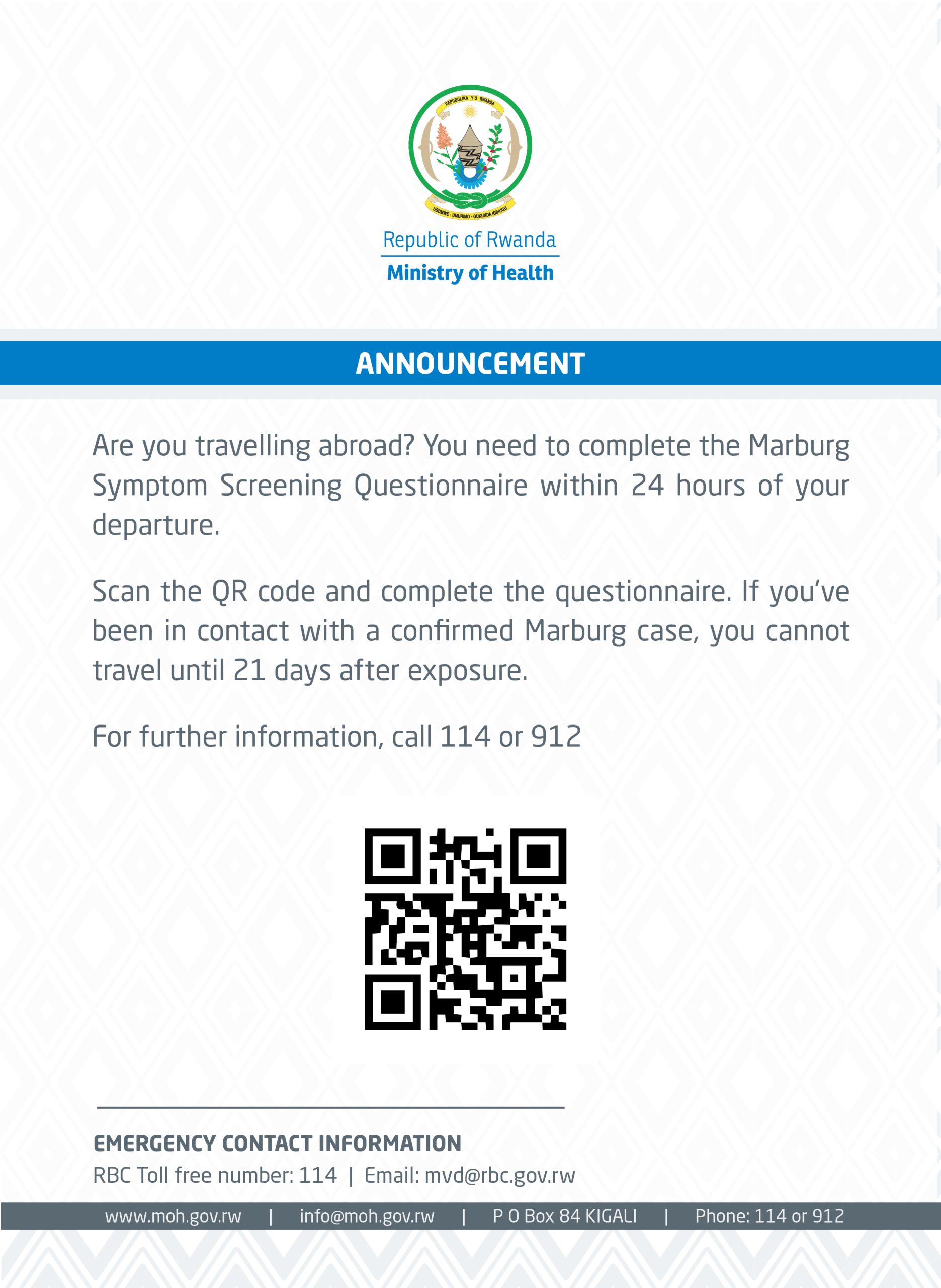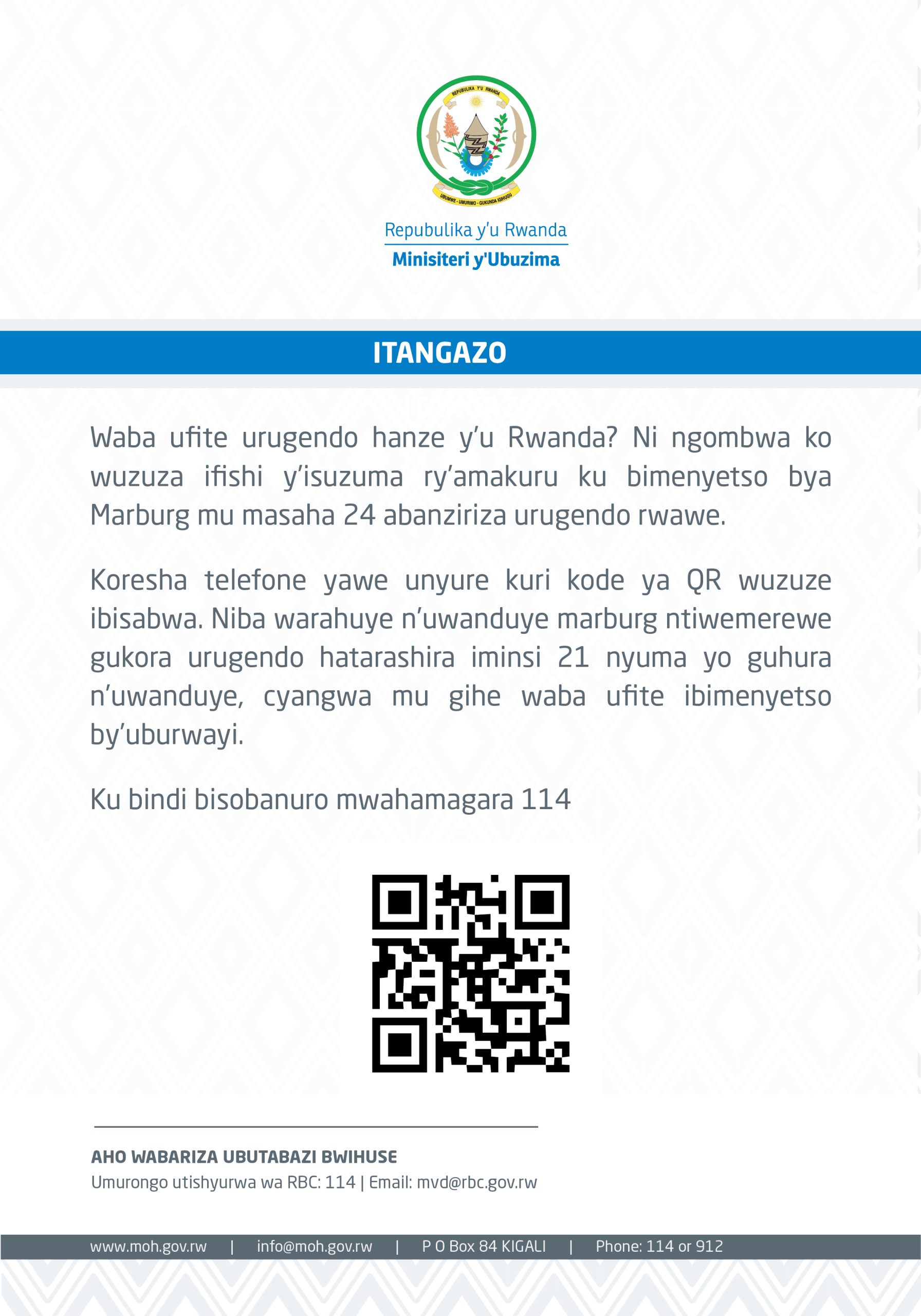MARBURG Virus Information
Select your language


What’s Marburg ?
Marburg Virus Disease (MVD) is a rare, severe, highly infectious and often fatal disease caused by the Marburg virus.
It was first identified in 1967 in Marburg, Germany.
Symptoms

High fever

Severe headaches

Muscle ache
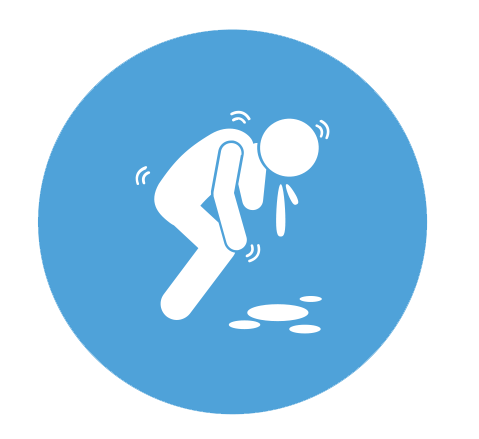
Bloody Vomiting
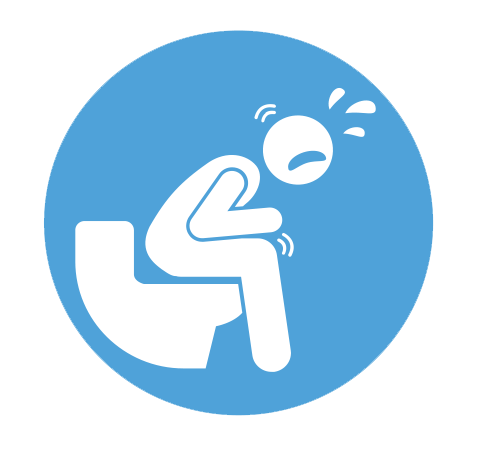
Bloody Diarrhoea
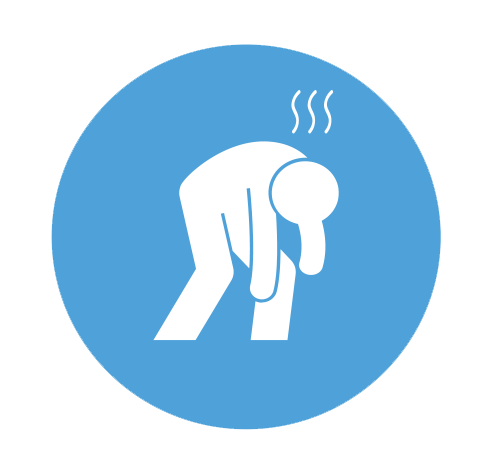
Fatigue
Direct Contact: Spread through close contact with infected bodily fluids (blood, saliva, vomit, urine, mucus, sweat, stool) via broken skin or mucous membranes.
Indirect Contact: Spread through contaminated surfaces and materials (bedding, clothing, doorknobs) via broken skin or mucous membranes.
Asymptomatic Transmission: Individuals without symptoms are unlikely to transmit the virus.
Other Facts
Incubation Period: Symptoms appear 2 to 21 days after infection.
Surface Stability: The Marburg virus can survive on surfaces for 4 to 5 days.
Treatment
Current Status: No specific treatment available; there’s an emergency vaccine for frontline workers.
Patient Care: Involves symptom management and specialized medical care in designated areas.
Contact Monitoring: Individuals in contact with infected persons are observed and tested.
Prevention
Safety Measures
Avoid close contact with symptomatic individuals.
Refrain from handshaking, hugging, and crowded places.
Avoid handling the bodies of deceased individuals from MVD.
Wear protective equipment when caring for patients.
Maintain good hygiene by washing hands frequently and following health authority guidelines.
Announcements
Or click on here for the form: https://phpd.moh.gov.rw/travel/
Ou cliquez ici pour le formulaire: https://phpd.moh.gov.rw/travel/index.php?lang=fr
Kanda hano wuzuze ibisabwa: https://phpd.moh.gov.rw/travel/index.php?lang=kiny
News
Frequently Asked Questions
MARBURG Virus Disease
What is Marburg virus disease?
Marburg virus disease (MVD) is a severe, often fatal illness caused by the Marburg virus. It was first identified in 1967 in Marburg, Germany.
When was the first case detected in Rwanda?
The first case of Marburg virus disease was detected in Rwanda on Friday, 27 September 2024.
How do people become infected with Marburg virus disease?
Marburg virus spreads through contact with the blood, bodily fluids, or contaminated surfaces of infected individuals. Asymptomatic individuals are unlikely to transmit the virus.
How long does the virus stay on surfaces or objects used by an infected person?
The Marburg virus can stay on surfaces or objects used by an infected person for 4 to 5 days.
Is wearing a face mask or hand gloves helpful in stopping the spread of Marburg virus disease?
While wearing a facemask or gloves can help prevent the spread of other diseases, it is not considered necessary for preventing Marburg virus transmission. Unlike COVID-19, Marburg is primarily transmitted through direct contact with bodily fluids, not through the air.
What is the mortality rate Marburg Virus?
The average mortality rate of Marburg virus disease is 50%, but it has varied from 24% to 90% in past outbreaks. Seeking medical attention at an early stage improves the chances of recovery.
What are the symptoms of Marburg virus disease?
Initial symptoms resemble malaria, typhoid fever, shigellosis, meningitis, and other viral hemorrhagic fevers. Symptoms include high fever, severe headaches, muscle aches, fatigue, nausea, vomiting, and diarrhea.
How long does it take to develop symptoms of Marburg virus disease?
The interval from infection to the onset of symptoms varies from 2 to 21 days.
How is Marburg virus disease tested?
Only a PCR lab test can confirm the infection.
Can Marburg virus disease be treated?
There is no specific treatment for MVD. However, to maximize the chances of recovery and for the safety of others, it is imperative to start treatment as soon as possible and remain at a designated treatment centre until cleared to leave by the centre staff. Currently, there are two medications being used to assist patients suffering from Marburg. These are: Remdesivir and monoclonal antibodies. There is also an emergency vaccine “cAd3” being given to people at higher risk, including doctors and other frontline health workers
Can home remedies cure Marburg virus disease?
No, home remedies are not effective in treating or managing Marburg virus disease. If you experience any symptoms, please call 114.
What are the high-risk groups?
Avoid close contact with symptomatic people and the body of someone who died infected by the Marburg virus. Enhance hygiene, including handwashing, and follow other preventive measures recommended by the government.
How can we prevent the spread of Marburg virus disease?
Avoid close contact with symptomatic persons and the body of someone who died infected by the Marburg virus. Enhance hygiene, including handwashing, and follow other preventive measures recommended by the government.
What can I do if I have been in contact with someone with Marburg virus disease?
If you’ve been in close contact with someone with Marburg virus disease, meaning you:
- Lived in the same household or room as a Marburg patient (while they were sick or after they passed away)
- Were admitted to a health facility where a Marburg patient was also present
- Shared objects or touched surfaces that may have been contaminated with bodily fluids from a Marburg patient
- Have met someone confirmed positive for the Marburg virus
Immediately call 114 and follow instructions.
What should I do if I must attend or have attended a burial ceremony of someone confirmed or suspected to have died of Marburg virus disease?
- In the event of death caused by Marburg, wakes and home vigils (Ikiriyo) will not be permitted to prevent the spread of the virus.
- Funeral services where the cause of death was determined to be Marburg will be conducted and attended by a limited number of people as per the guidelines.
- Open-casket viewings are not permitted in homes, churches, or mosques. They will only be held in a designated area within the health facility premises, with a limited number of people.
If you are attending the burial, it is essential that you wash your hands with soap and water:
- before and after the burial, and
- before and after eating and after touching any surfaces in the area where the burial took place.
Is there any restriction on movement, business, and normal activities?
All hospitality and tourism establishments such as hotels, restaurants are following strict hygiene protocols including hand sanitizing stations, temperature checks and heightened cleaning procedures. However, if you experience any Marburg virus symptoms, please avoid public places and call 114 for proper care.
Can I travel to Rwanda or out of Rwanda?
All departing passengers will be asked to complete a short symptom screening questionnaire with RBC staff to ensure their wellbeing and the safety of others. They should expect routine temperature check-ups using thermo-scan cameras and the use of hand sanitizing stations.
If you have been in contact with a confirmed case of Marburg, you cannot travel until 21 days after your exposure provided you are symptom free.
Can I attend or organize a meeting in Rwanda?
Yes. Meetings, as well as all other business activities, are continuing as normal in Rwanda. If you are organizing or planning to attend a meeting in Rwanda, you are encouraged to proceed with your plans, as precautions are being taken at meeting venues and strong response teams are available to take all necessary actions.
For further information or if you are experiencing symptoms call 114 or 912.
What happens if someone tests positive at the venue during a conference?
In the event that someone shows symptoms of the Marburg Virus Disease, they will be isolated and undergo a PCR test to confirm or rule out the virus.
If confirmed positive, they will be immediately admitted to an MVD treatment center. Active contact tracing will also follow with all close contacts put in quarantine for 21 days.
The conference will continue with all precautions being observed.
For more information or if you develop symptoms, call 114 or 912.
Can the Marburg virus be sexually transmitted?
Yes, The Marburg virus can remain present in semen for up to close to a year after recovery from the acute phase and can be transmitted sexually, although this is not the primary mode of transmission. The use of condoms is recommended until two consecutive PCR tests results are negative.
MARBURG Virus Vaccine
Is the vaccine safe?
The vaccine is safe and currently undergoing phase 2 clinical trials in Uganda and Kenya which began in October 2023 with no safety concerns raised to date. Evidence obtained in nonclinical studies, phase 1 clinical trials and phase 2 clinical indicate that the vaccine is safe.
Why should I get vaccinated?
Getting vaccinated significantly reduces the risk of getting infected with Marburg Virus. Vaccinated individuals are less likely to suffer severe complications associated with the disease. Initial findings from the phase 1 clinical trials show that the vaccine induces a strong long-lasting immunity with antibodies lasting more than 48 weeks in 70% of the participants.
Who should be vaccinated?
Anyone above the age of 18 can be vaccinated, but as of now vaccinations efforts are geared towards frontline workers working in health facilities
Can I get the disease from the Vaccine?
The vaccine uses modified materials which cannot infect human cells and hence cannot cause disease.
What are the side effects of the Marburg Virus Vaccine?
The Sabin Marburg virus vaccine has not shown any significant side effect in the initial and ongoing clinical trials although low grade fever can occur following vaccination.
About fruit bats

Here is what you need to know about fruit bats
As confirmed by the Ministry of Health, the Marburg virus was transmitted from a fruit bat to the index case
Do all bat species carry Marburg Virus?
No, the only identified carrier of Marburg is the specific Egyptian fruit bat (Rousettus aegyptiacus).
What are Fruit bats?
Fruit bats are large and fruit-eating bats living in tropical and subtropical regions.
The specific bat species identified as carries of Marburg are Egyptian fruit bats (Rousettus aegyptiacus).
Where do fruit bats live?
Unlike other bat species, fruit bats live in:
- Caves
- Mines
- Other isolated places
What is the ecological role of fruit bats?
Fruit bats are important for biodiversity and are most important for agriculture – contributing 40% of crop pollination.
How do humans get the virus from bats?
Humans can become infected when they enter bat-inhabited environments and come into direct contact with the bats or bat droppings or saliva.
Can eliminating fruit bats be a solution to MVD?
No, removing fruit bats from the ecosystem would damage noth agriculture and our natural environment.
Studies have also shown that you increase the risk of these sorts of outbreaks if you eliminate bats from the ecosystem.
What are the best ways to cohabitate with fruit bats?
- Maintain safe distances from bats habitats
- Avoid entering caves or mines inhabited by fruit bats.
- Avoid consuming food that may be contaminated by bat saliva or droppings and never eat leftover fruits.
- Avoid using bats fertilizers

